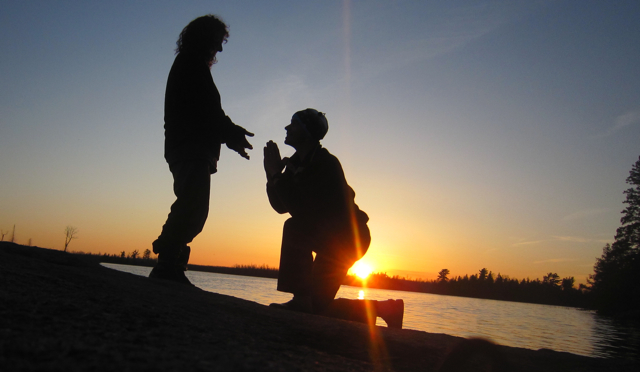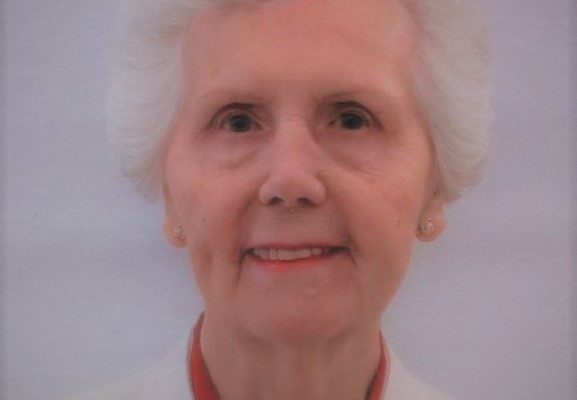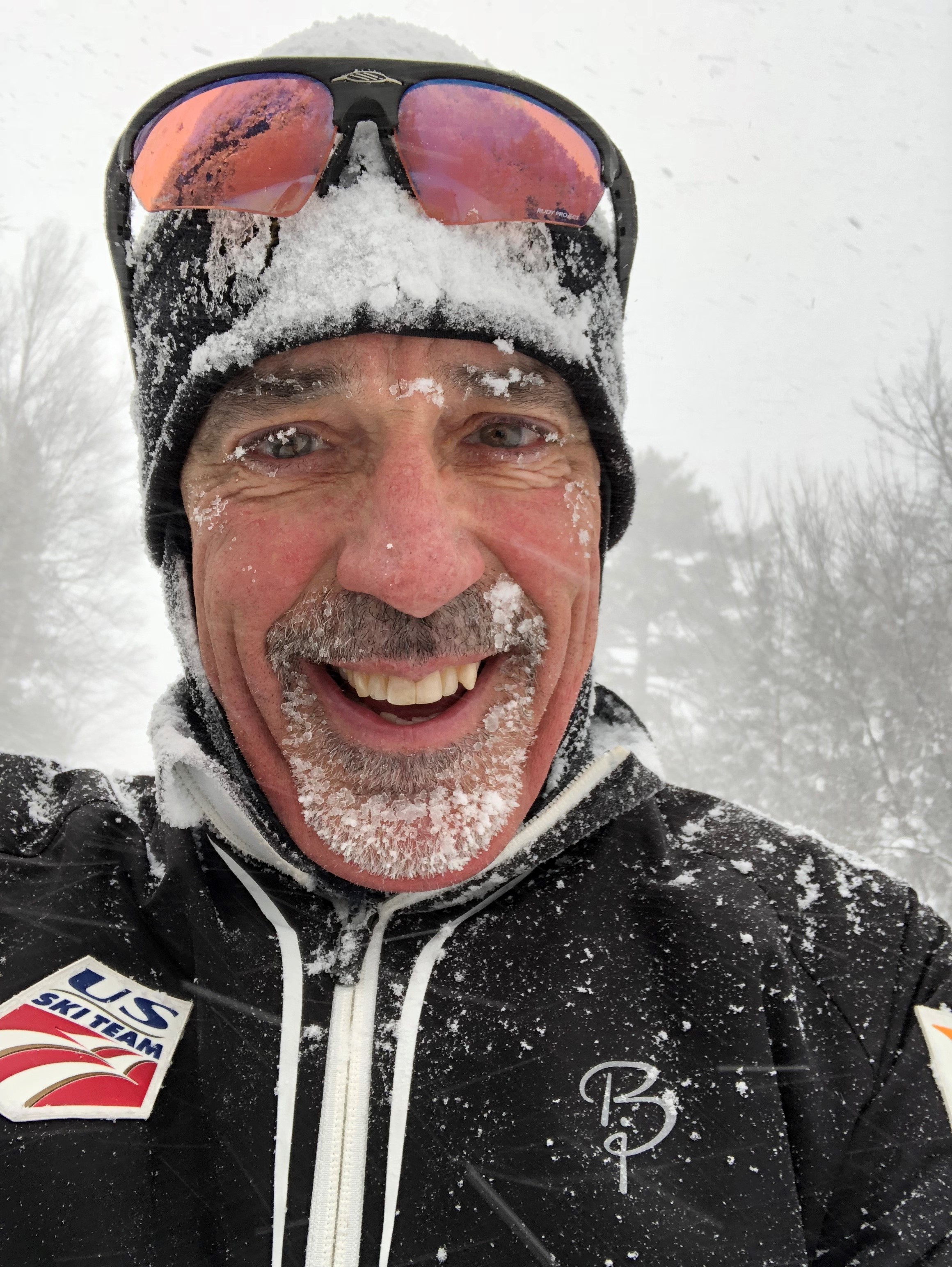Silent Alarm:
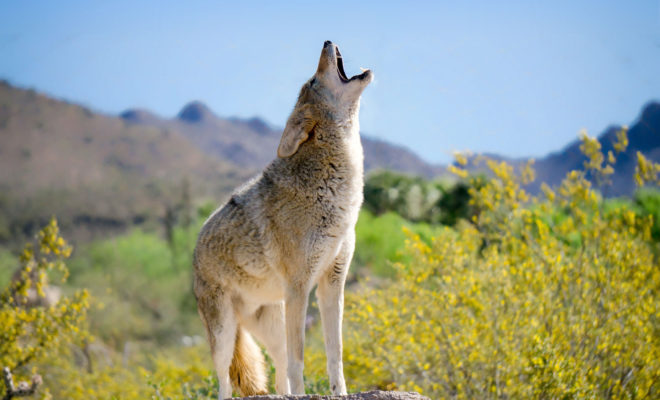
A Legislature Removing Sportsmanship, Democracy, and Soul of the People from the State
Michael McFadzen, Amy Mueller, and Francisco J. Santiago-Ávila
The Midwest is blessed with incredible natural resources. In Wisconsin alone, there are almost 6 million acres of public lands available for recreation of your choice. But there is a huge disconnect on how these lands are managed and used.
According to the 2019-2023 Wisconsin Statewide Comprehensive Outdoor Recreation Plan (SCORP), most residents are involved in silent sports type activities: 68% hike; 66% like nature observation, including bird/wildlife watching; 35% cycle, including road, MTB, and fatbiking.
Only 27% hunt.
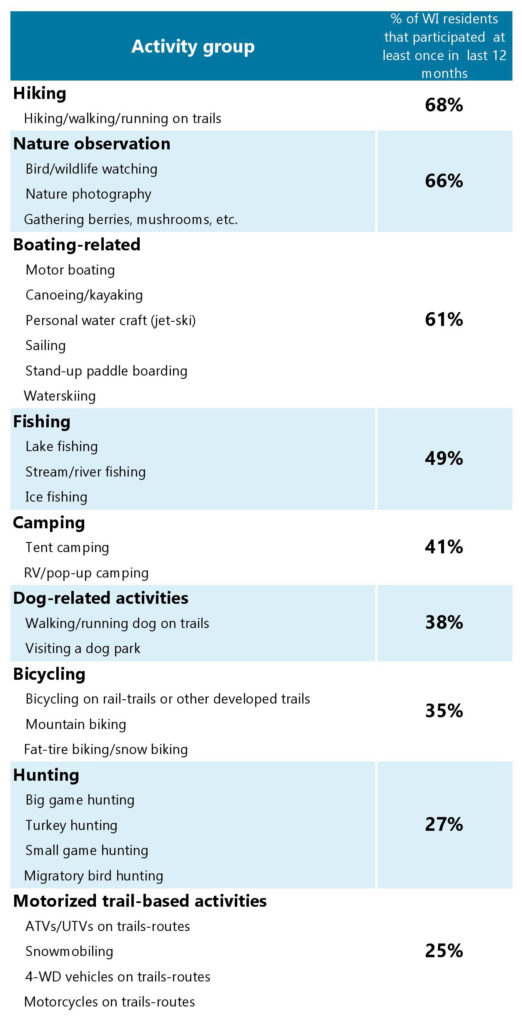
Regardless of the numbers, almost all public lands allow some kind of hunting and trapping, which impacts the majority of Wisconsinites who recreate in other ways. And it is important to point out that most hunting in Wisconsin is done ethically.
However, fringe hunting practices are putting Wisconsin on the map, and not in a good way. Wisconsin is the only state in the country, and one of the few places in the world, where hunting wolves with dogs is allowed. Wisconsin is also one of the only states where animal killing contests are allowed and promoted.
This article is not anti-hunting, but anti-fringe hunting. These practices allow acts that are extremely inhumane. I grew up in a hunting family, where sportsmanship was the foundation of what we did. Instead, these acts are an affront to most hunters who abhor these practices.
Dogfighting is supposed to be illegal, but in many of these hunts, canine-to-canine fighting occurs with dogs, bears, and wolves often injured and killed in the name of “sport.” And in one of the most bizarre DNR practices, hunters are compensated when their dogs are killed or injured.
In recent years, the Wisconsin legislature has been undermining the DNR’s authority by legislative decrees. One of the worst examples is allowing hunting and trapping in state parks and on trails. Many of these actions affect people who recreate outdoors, with scores of reported incidents. These so-called hunts are starting to affect how visitors view Wisconsin and may impact the tourism economy.
Amy Mueller is a wildlife advocate based in Ottawa, Wisconsin, and Francisco J. Santiago-Ávila, PhD, is the Heartland Rewilding Science & Conservation Manager for Project Coyote & The Rewilding Institute, based in Madison, Wisconsin. They do a great job of describing the inter-workings of the little known and powerful Wisconsin Conservation Congress. What follows is their response to the failings of the Wisconsin legislature in preventing these unethical hunting practices.
Conservation Congress Fails Wisconsinites, Our Wildlife, and Democracy
Recently, Wisconsin citizens representing wildlife interests were blatantly dismissed by a committee of the only statutory body in the state through which citizens can advise the Wisconsin Department of Natural Resources (WDNR), the Wisconsin Conservation Congress (WCC). This democratic failure stands in sharp contrast to the WCC vision, which was created in part by Aldo Leopold and other conservationists in 1934.
The vision for the WCC was to be democratic and inclusive. Instead, today, wild animals in our state live at the mercy of a small special interest group, recreational hunters and trappers, leaving little recourse for recognition of public values increasingly shifting towards Leopold’s vision.
On Saturday, August 27, 2022, the WCC “Fur Harvest” Committee was tasked with reviewing the successful citizen resolutions from the Spring Hearing public survey regarding hunting and trapping of fur-bearing animals. This year, a record 31 successful resolutions focused on additional public safety and wildlife protections, including proposals to ban wildlife killing contests and trapping on public lands supported by over 16,000 in-state votes. Additionally, a total of 24 citizens (of 25 in attendance) supported these resolutions during the committee meeting. Yet, citing so-called “tradition” and “reason” over their view of “ethics” and “emotions,” the committee went on to reject every single one of the 31 public safety and wildlife friendly resolutions, while advancing those to expand bobcat hunting, beaver trapping, and use of infrared lights to hunt predators.
The WCC’s blatant anti-wildlife bias serves a similarly biased WDNR that actively promotes trapping while, for instance, turning a blind eye to killing contests. In killing contests, contestants engage in indiscriminate killing for entertainment and prizes in categories such as slaughtering the most or largest animals, leaving piles of bodies in their wake. Project Coyote and the Humane Society of the US have identified 77 in-state contests between 2018 and 2021, targeting mostly coyotes but also foxes, raccoons, and other unprotected species for whom WDNR does not have reliable population data. Trapping may be an even crueler practice for individual animals, as they often suffer exposure and pain for hours (or drown) and may end up losing body parts attempting to escape.
Scientific evidence suggests such killing serves no conservation purpose. Populations of targeted species do not need human “management” because they naturally self-stabilize. In fact, such killing disrupts the dynamics of these social species, increasing conflicts with humans: dead parents cannot teach their children to not bother humans. These species, like coyotes and beavers, also contribute immensely to ecological processes that promote species diversity and abundance, and so that same social disruption leads to ecological degradation. These practices are powerful mediators of our relationships to animals and to the land, and we’re allowing an anti-wildlife minority to dictate them.
Additionally, the committee’s decisions reflected a documented disconnect between current regulations and broad public values. The public is becoming increasingly considerate of animals and nature, including predators, and is challenging recreation as a legitimate reason to kill, along with the lack of restrictions. Fair chase, subsistence hunters also oppose such wanton harm and waste.
Wisconsin citizens are attempting to institutionalize the respect for nonhuman life at the heart of Leopold’s land ethic: “[A] land ethic changes the role of Homo sapiens from conqueror of the land-community to plain member and citizen of it. It implies respect for his fellow-members, and also respect for the community as such.” By ignoring citizens, the “Fur Harvest” committee is acting like any narrow interest group, and ruining their legitimacy and credibility in the process. To counter this tyranny, we first need more people invested in caring for wildlife.
If this “gets your fur up,” any Wisconsin citizen can get more involved by:
- Joining the WCC as a volunteer delegate in your county. The next election cycle will be in spring of 2023.
- Giving public comments or simply observing during WCC meetings. Meeting information including agendas and meeting minutes can be found at: dnr.wisconsin.gov/about/wcc/meetings.
- Participating in the online Spring Hearing survey every April and voicing your opinions.
Wildlife is not the province of consumptive users; wildlife concerns us all. And respecting wild animals means moving beyond harm to care. It means allowing wildlife to thrive, for everyone’s sake.
*
Silent Sports Magazine continues on in the Greg Marr Tradition. All stories are written by people with the passion and knowledge of their subjects, in support of the events, races, trails, waterways, environmental concerns, businesses, places and issues – such as this Silent Alarm story – that are at the heart of Silent Sports in the upper Midwest. All at an extremely affordable price. Subscribe here:
https://www.shopmmclocal.com/product/silent-sports-magazine/


